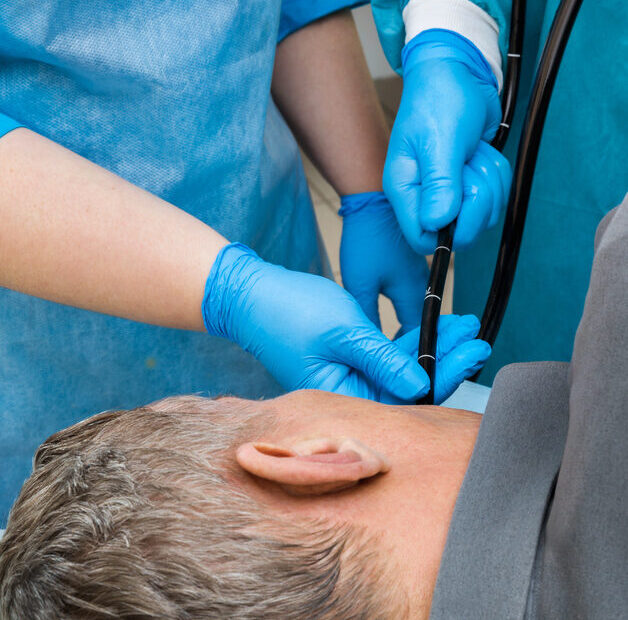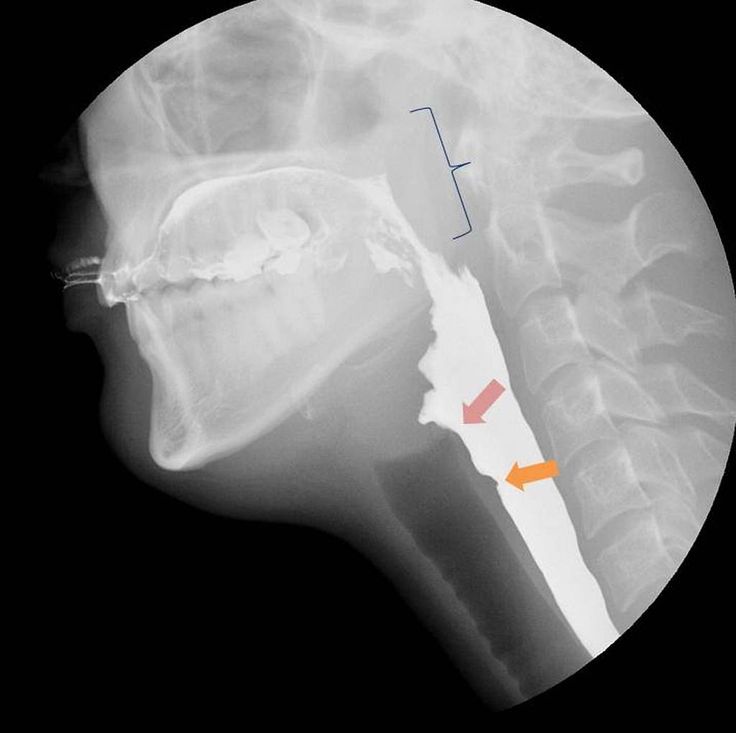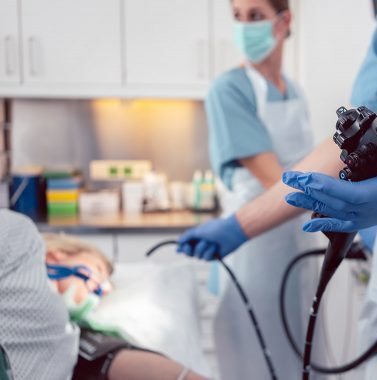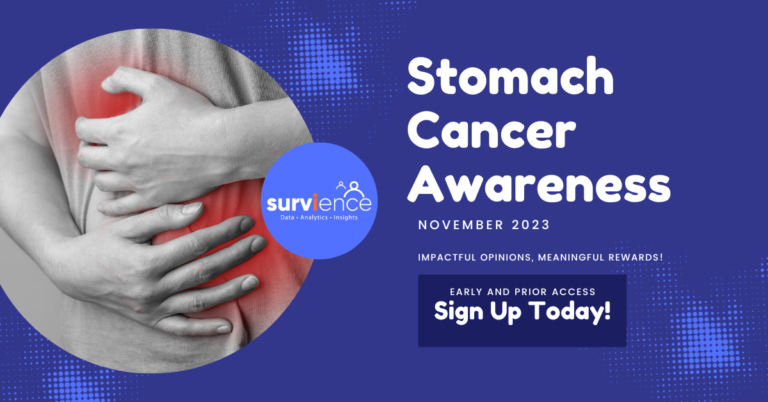Impactful Opinions, Meaningful Rewards!
Join our patient community
Join the movement this November and help make a difference in the fight against Stomach cancer. Signup and let your voices be heard!

HappySurveying!
We offer a variety of surveys on a variety of topics so you can find something that interests you, create an account and start taking surveys today!



